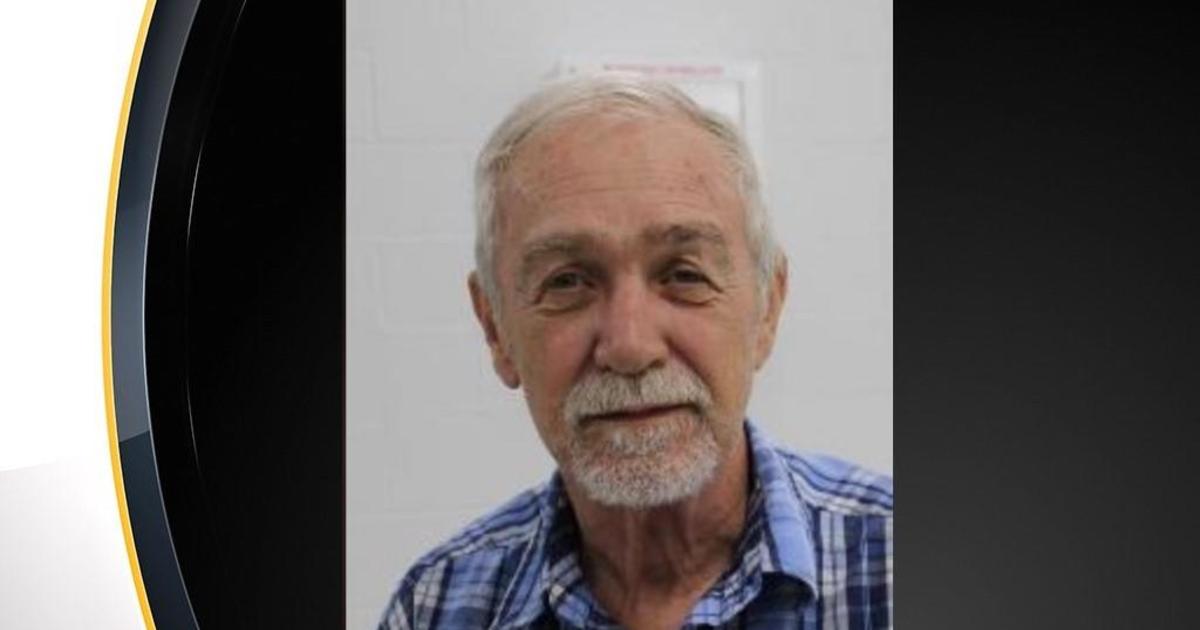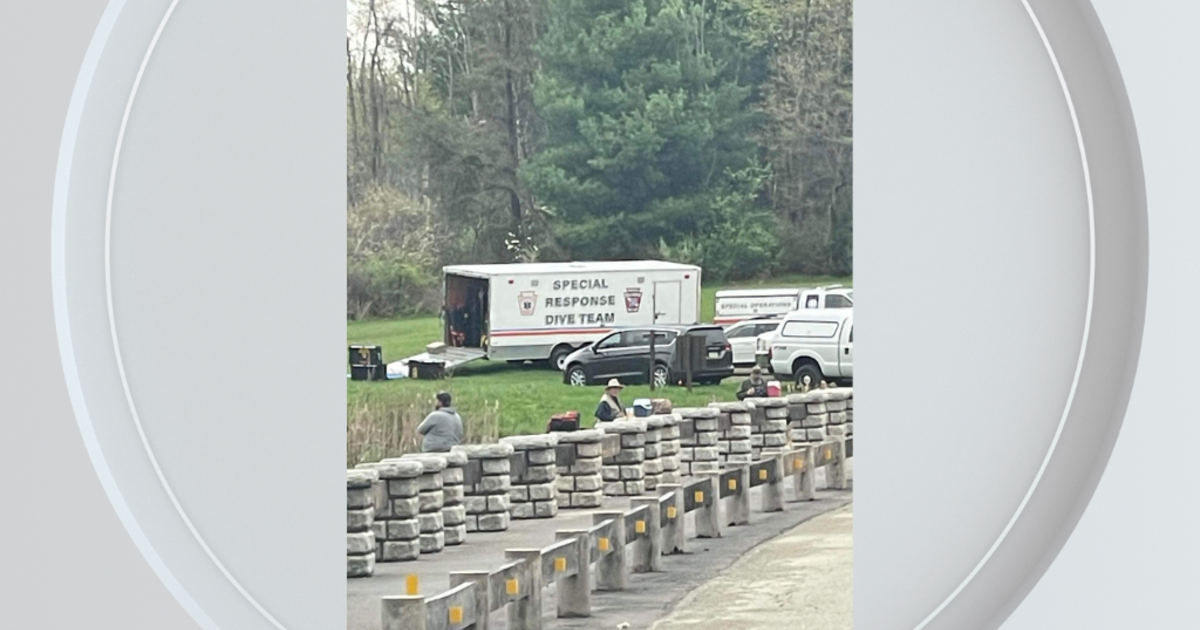Smoke Alarms Might Not Be Enough To Wake Kids In A Fire
PITTSBURGH (KDKA) -- Smoke alarms save lives. It's been proven over and over.
But when it comes to kids, the typical alarm may not be enough to wake them in a fire.
KDKA's David Highfield conducted an experiment with the help of KDKA Photographer Ian Smith and his family.
The Smiths told their 10-year-old daughter Samantha and her 7-year-old sister Sydney that they would be part of a smoke alarm drill, but didn't tell them when.
One night after they had gone to bed, Kathy set off the alarm in the hallway for 3 full minutes.
Neither girl got out of bed.
In fact, Samantha never woke up. Sydney woke up enough to say softly: "Stop." But then she rolled over and fell back asleep as the alarm continued to sound.
"I'm actually a little bit shocked that they're that sound asleep," said Kathy Smith.
Then, they take it a step further.
The Smiths have smoke alarms in each of the girls' rooms right above their beds. So they tried those for a couple of minutes. One girl moved a little, the other not at all.
It turns out, kids sleep differently than we do.
"This is very deep sleep," said Dr. Daniel Shade, a sleep specialist at Allegheny General Hospital. "Kids are getting more deep sleep, and what it means is that it's harder arouse a child."
So what can wake a kid up?
"Voices get through that shield that sleep is kind of forming in kids," said Dr. Shade.
And that's exactly what they're testing in the sleep lab at Nationwide Children's Hospital in Columbus, Ohio.
They had moms record their voices and then used those recordings as the alarm. A message might be: "R.J., R.J., get up, get out of bed!"
Tracy Mehan, who is a spokesperson for work done at the Center for Injury Research and Policy at the hospital, even enrolled her son in one the studies.
They set off a regular beeping alarm when he was in stage three, or the deepest level of sleep.
"It went off for 5 full minutes, and he did not wake up and did not come out of stage 3," said Mehan. "It was shocking to me as a parent that an 11-year-old would not wake up to the alarm."
But then they tried her recorded message as the alarm, and it made a big difference. "He was up and out the door in 7 seconds."
Her son isn't alone. In a study they completed in 2006, they found only 60 percent of the kids woke up to a traditional alarm. However, all but one of the children woke up to the parent alarm.
After that first study nine years ago, a few companies began selling smoke alarms online that allow parents to record their voices. But they were expensive and are nearly impossible to find now.
What you can find, are alarms that alternate between beeps and a pre-recorded voice.
Dr. Shade says some studies show that could be better than the standard beeping alarm.
"That variation seems to wake people up better than a just a monotonous type of an alarm," said Dr. Shade.
But researchers in Columbus haven't tested that. Right now, they're looking at what part of their initial study made the difference.
"Is it the mom's voice that woke the child up or can it be just a generic female voice or a male voice?" said Mehan. "Was it the fact that we said their name? That we were giving them instructions to wake up and get out of the room? What part of that is really what is needed?"
Results of their research are a couple of years away. They also need to determine if a smoke alarm that wakes kids more quickly, will also wake adults as well as the standard alarm.
In the meantime, experts say you can't depend solely on any type of smoke alarm. Instead, you need an escape plan that you discuss and practice with your kids.
As for the Smith family, if there was a fire: "Luckily, our bedroom is right across the hall from them," said Kathy Smith. "So we could just run over there and get them. We have to keep in mind they're not going to hear it."
Experts say you may want to coordinate which parent would get which child, that you should know two ways out of every room, and that you should a have a meeting place outside the house.
You should also make sure you maintain the smoke alarms you have because they save lives.
For more information on how to develop an escape plan for your home: www.nfpa.org/safety-information.
Join The Conversation On The KDKA Facebook Page
Stay Up To Date, Follow KDKA On Twitter



